Preparing chili peppers in oil is a beloved tradition, but it is essential to adopt the right preservation techniques to avoid risks such as botulism. In this article, you will learn how to prevent contamination and store chili peppers safely.
What is Botox and why is it dangerous?
Clostridium botulinum is a bacterium that can grow in oxygen-free environments, such as oil-preserved jars. It produces a toxin that is dangerous to health and can cause serious food poisoning. However, by following the correct procedures, the risk can be easily avoided.
How to Avoid Botulism in Chili Peppers in Oil
1. Dry chili peppers properly
The presence of water in fresh chili peppers favors the proliferation of botulism. For this reason, it is essential to dry the chili peppers before preserving them in oil. If you prefer, you can use our fresh chili pepper for homemade preparations.
2. Sterilize jars and tools
- Wash jars and lids thoroughly.
- Immerse them in boiling water for at least 10 minutes or sterilize them in the oven at 120°C.
- Allow to dry completely before use.
3. Use acidic ingredients
Botulinum does not survive in acidic environments. Adding white wine vinegar or lemon juice to chili peppers before pickling them helps prevent the formation of the toxin. The acidity stops the growth of the bacteria, making preservation safer.
4. Cover completely with oil
Make sure the peppers are completely submerged in the extra virgin olive oil to reduce exposure to oxygen. Otherwise, mold and bacteria may form.
5. Store in the refrigerator
Once prepared, pickled chili peppers should be stored in the refrigerator. The cold slows bacterial growth and keeps the flavor intact. Consume the chili peppers within 2-3 weeks to ensure maximum safety.
Signs of Botulinum Contamination
Pay attention to these signs that may indicate the presence of botulism:
- Unusual or unpleasant odor.
- Presence of bubbles or foam in the oil.
- Changes in the color of chili peppers.
- Bulging jars or lids that “click” when opened.
If these signs are present, it is essential to throw away the contents without tasting them.
Safe alternatives: our chili pepper in oil
If you prefer a safe and ready-to-use product, try our chili pepper in oil, prepared following rigorous food safety standards. We guarantee maximum quality and taste without risks.
Learn more about chilli pepper
Want to know more about the benefits and properties of chili pepper? Read our article on the properties of hot chili pepper and discover the differences between fresh, dried and powdered chili pepper.

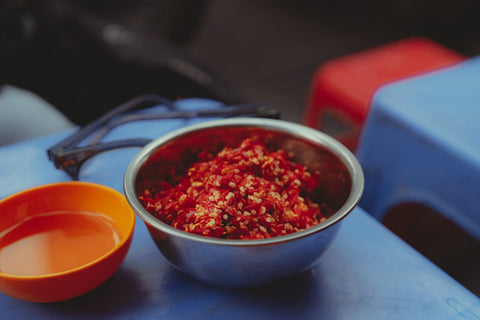

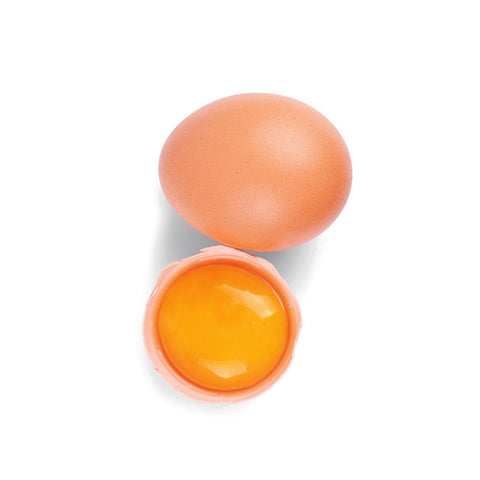
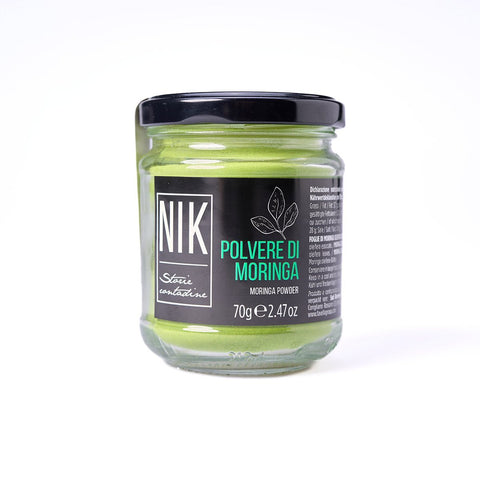
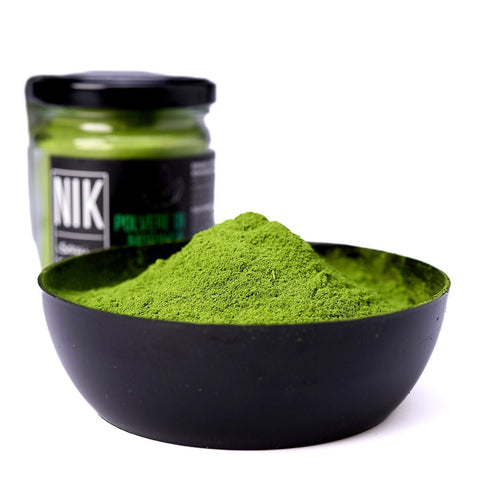
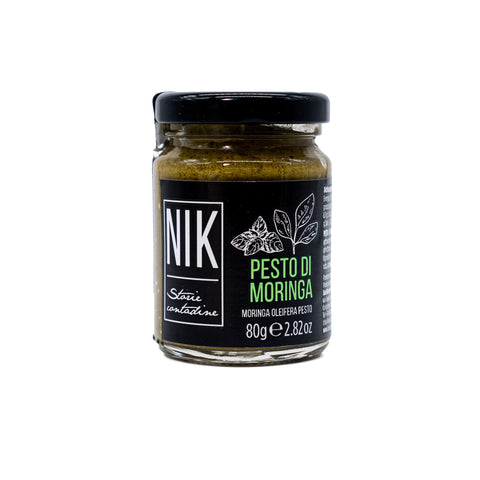
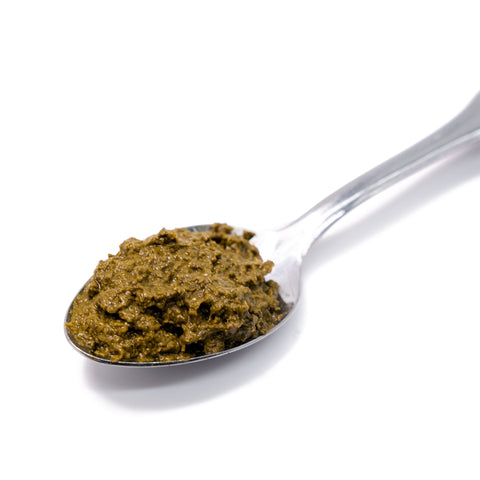
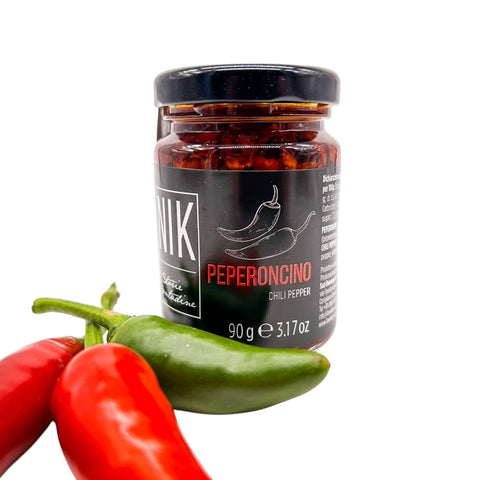
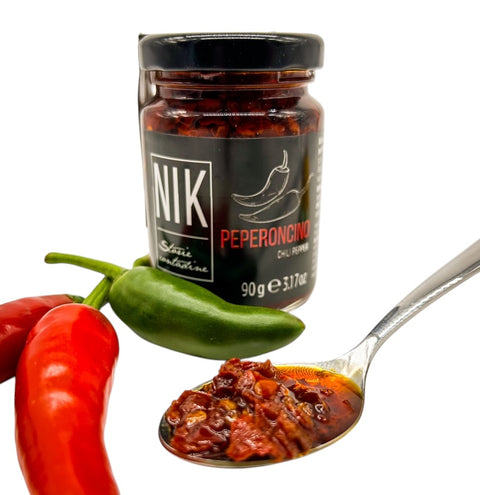
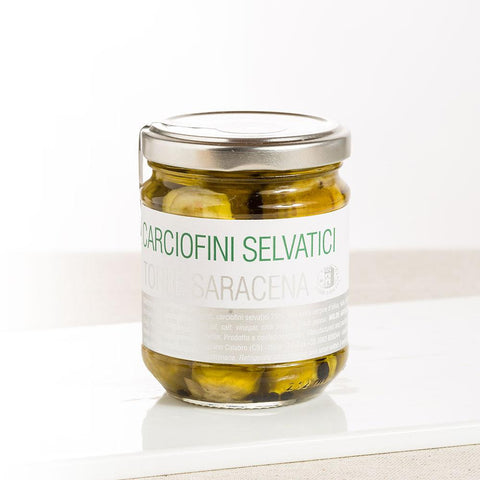
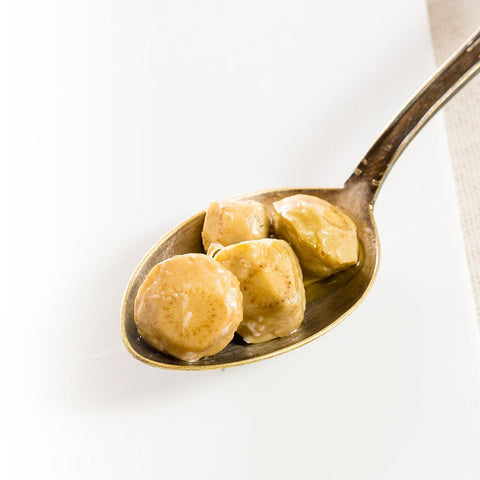
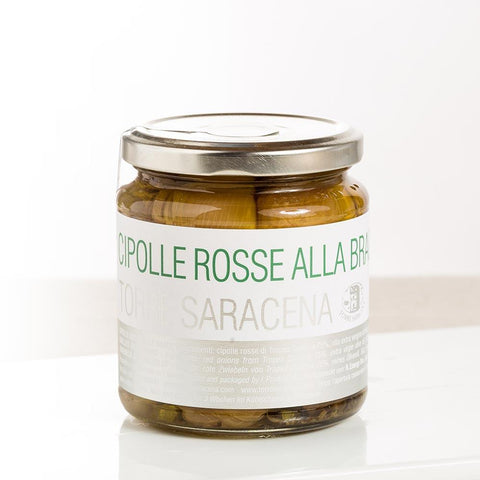
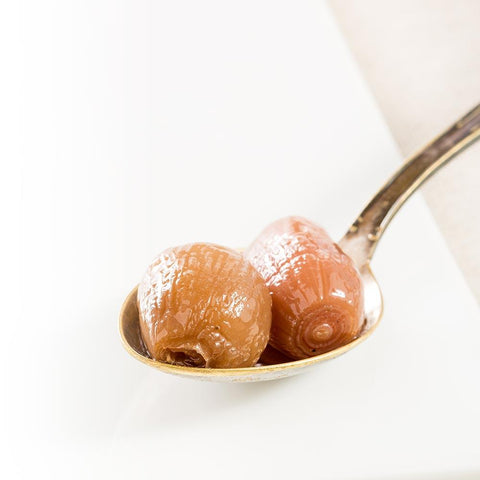
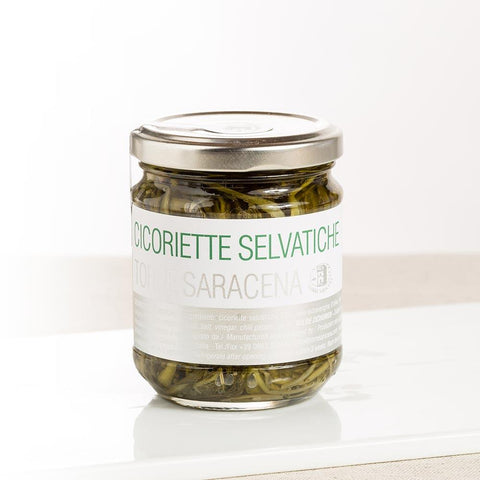
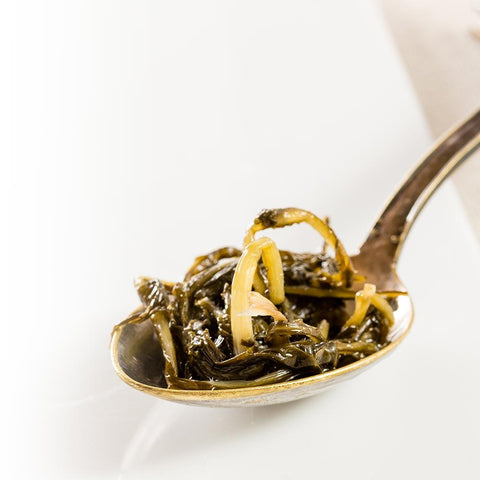
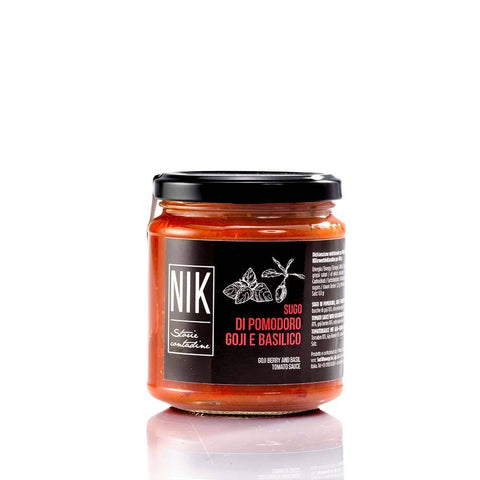
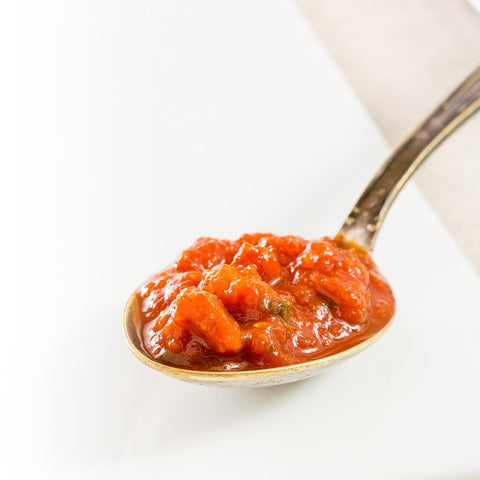
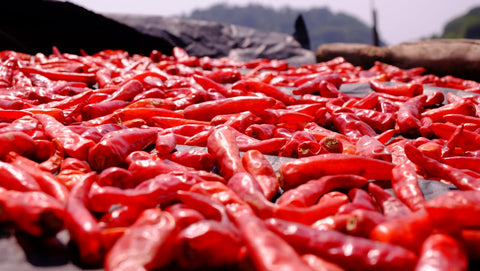

Comments (0)
There are no comments for this article. Be the first one to leave a message!